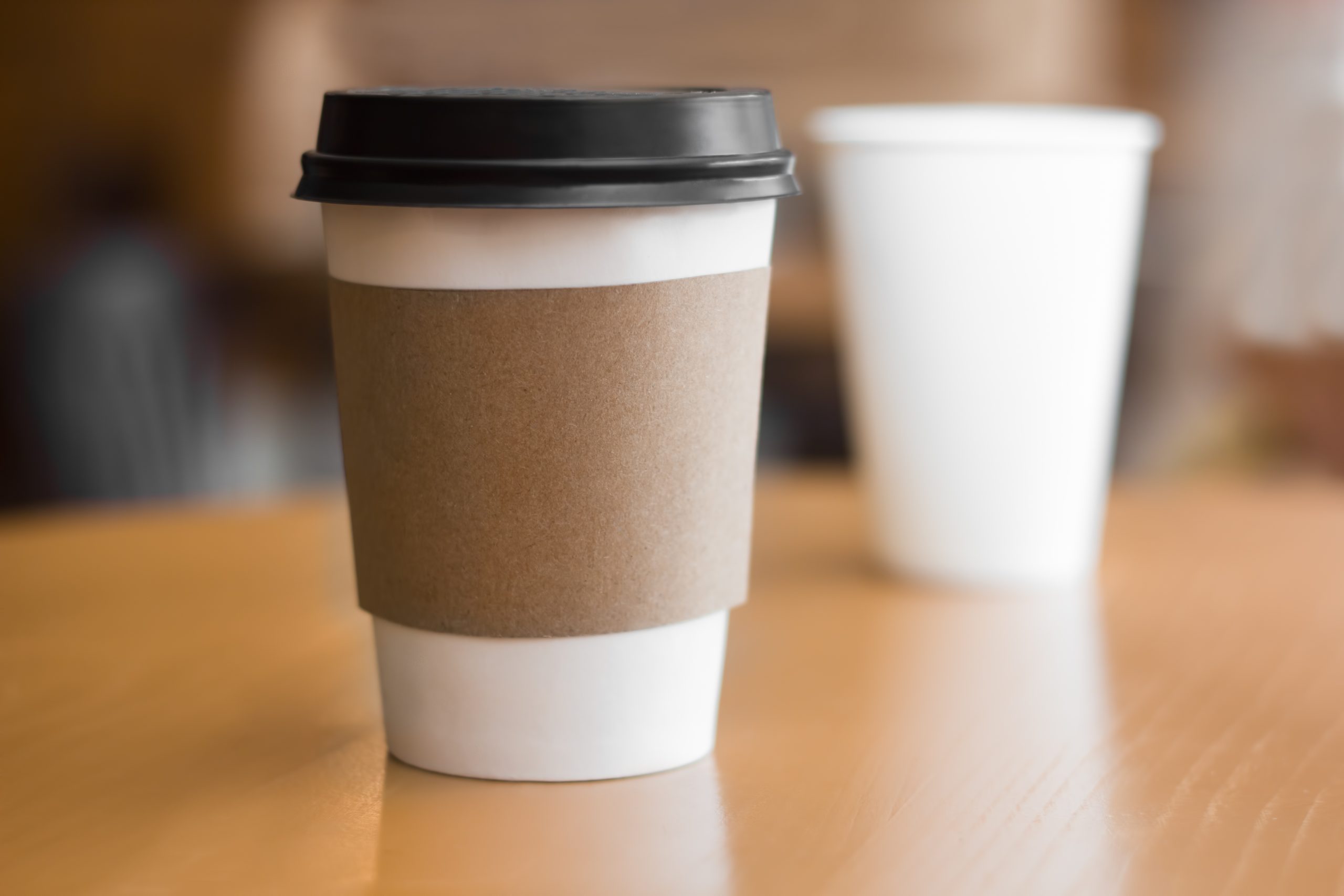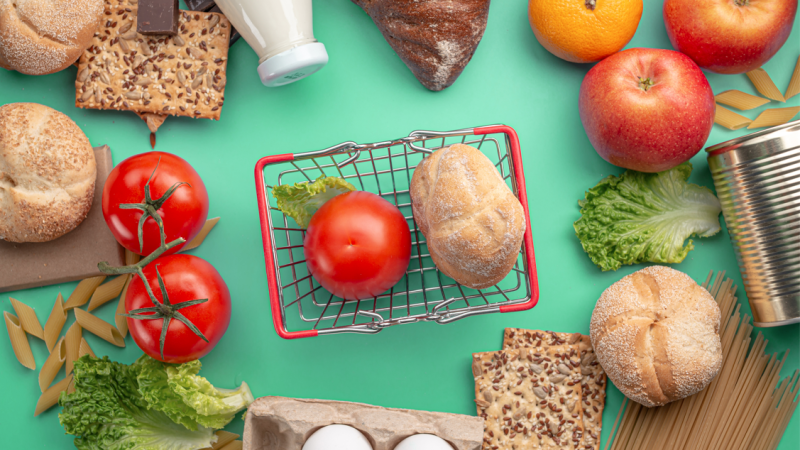Green Levy: Call For Latte Levy Rethink As Keep-Cups Might Not Be So Green After All

Ireland’s coffee industry has been given a boost with new research showing that single-use coffee cups can sometimes be better for the environment than reusable ones.
To the dismay of the coffee lobby, Green Party leader and Environment Minister Eamon Ryan has over the past year, prioritised the introduction of a ‘latte levy’ of up to 20c on disposable coffee cups as part of a campaign to eliminate unnecessary waste and protect the environment.
However, Irish coffee retailers were quick to pounce this week on new research conducted by the EU which says single-use cups may not be that bad after all.
They point out that a report by the Joint Research Centre (JRC), the scientific arm of the European Commission, says that ‘in certain contexts, single-use packaging, particularly carton board (i.e. cups for hot drinks), can outperform its reusable counterparts in environment impact categories’.
To the dismay of the coffee lobby, Green Party leader and Environment Minister Eamon Ryan has over the past year, prioritised the introduction of a ‘latte levy’ of up to 20c on disposable coffee cups as part of a campaign to eliminate unnecessary waste and protect the environment.
The research carried out in February this year came to light as the European Parliament approved new Packaging and Packaging Waste Regulations (PPWR) this week, setting ambitious targets for packaging reduction with a 5% reduction by 2030, 10% by 2035 and 15% by 2040.
However, when it comes to disposable cups, the PPWR proposals appear to have undergone notable revisions, particularly concerning reuse obligations and the treatment of single-use paper packaging.
The research also found that single-use bans on other items such as plastic forks have led to a proliferation of flimsy, nominally reusable replacements.
Cathal Murphy, Head of Innovation and Sustainability at Bewley’s Tea and Coffee, welcomed the EU’s new research and packaging reduction targets.
‘Europe’s emphasis on evidence-based packaging waste reduction strategies sets a precedent worth following for Ireland,’ he said.
Another source within the coffee industry here also warned that the EU research means the Government must now take a ‘nuanced approach to packaging policy.
‘That approach must balance environmental objectives with practical considerations if we are not to be an outlier.
‘This finding challenges conventional wisdom and underscores the complexity of sustainability considerations in packaging decisions.
’In this context, Ireland’s proposed latte levy initiative, championed by Eamon Ryan, warrants reconsideration.’
The EU research also appears to confirm claims by Irish economist Jim Power, that a wholesale transition to reusable cups would increase CO2 emissions, plastic waste, and greater resource consumption during the washing, drying, and transportation processes.
Mr Power, in research commissioned by the Irish Paper Packaging Circularity Alliance (IPPCA), also warned that the 20c tax could cause 4,244 job losses in coffee shops if a daily cup of takeaway coffee moved beyond an acceptable price for consumers.
The Green party has been advancing legislation to impose the latte levy over the past year.
Minister of State at the Department of the Environment Ossian Smyth said the party’s ambition is to make Ireland one of the first countries in the world to eradicate disposable coffee cups, and ‘in doing so reduce avoidable waste and contribute to climate action.’
It has, however, provoked a furious response from front-line trading coffee shops who are railing against what they call a ‘further imposition of bureaucracy and red tape’.
Commenting on the EU research this week, one coffee shop owner said: ‘Assessing whether we’re an outlier is difficult at this stage as it’ll take a while to figure out how each country responds but the impending introduction of a latte levy certainly creates a point of contention.’
If the levy were to be abandoned, it would be politically embarrassing for the Green Party whose most recent high-profile environmental initiative, the Deposit Return Scheme has also been sharply criticised.
The scheme, run by Re-turn, is a key element of the objective to recycle 90% of drinks containers by 2029.
But it has been slated over the availability of machines with Return, conceding the RVM [Reverse Vending Machine] system is currently operating at only 85% across the network.







